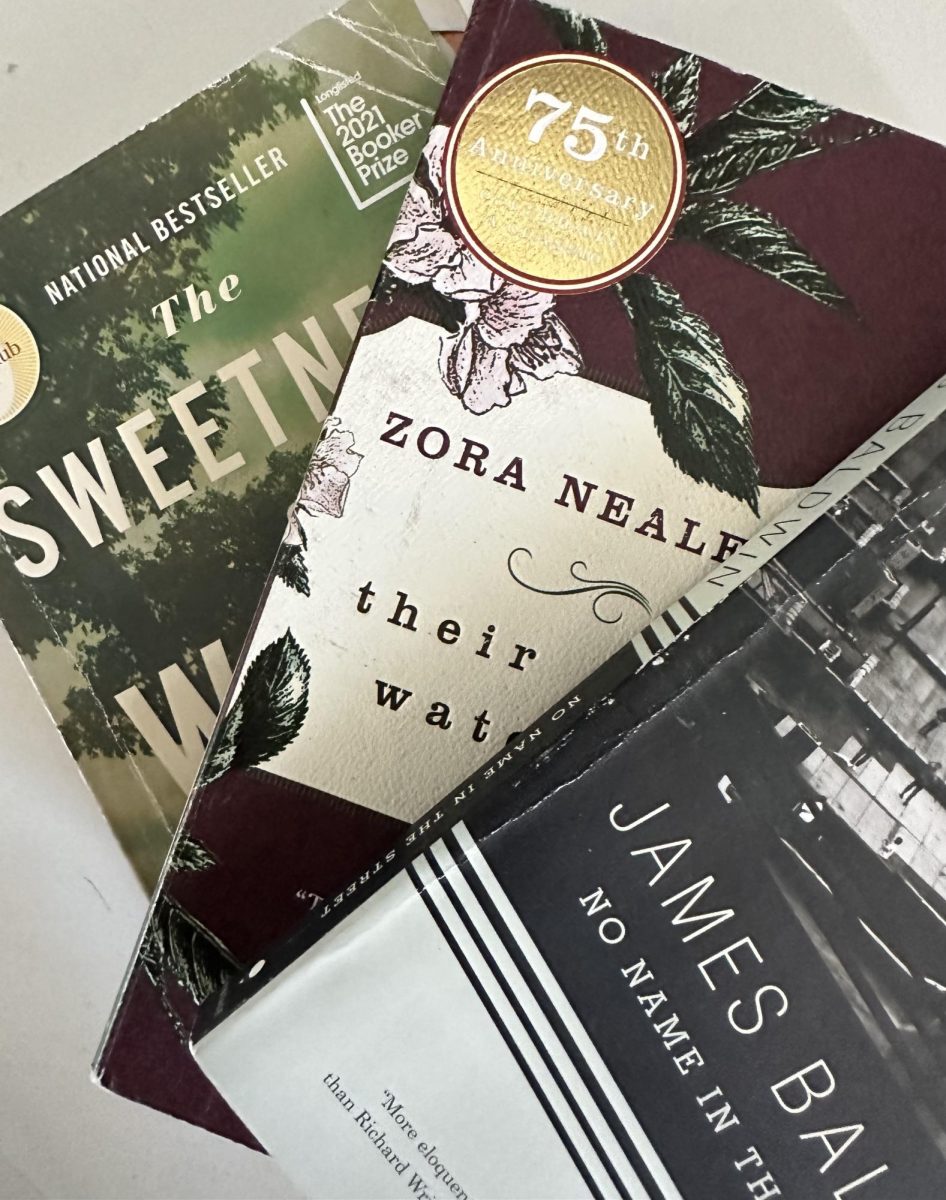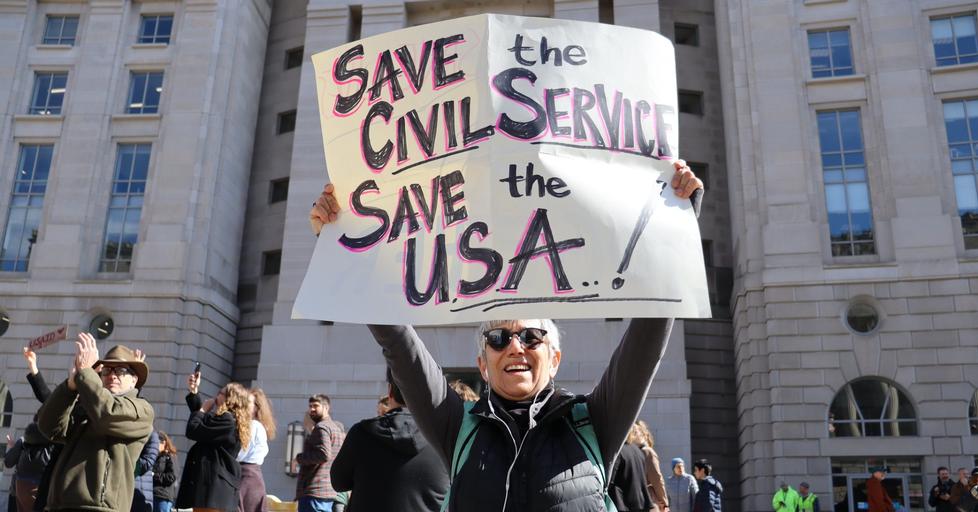“Florida is where woke goes to die!” Governor Ron DeSantis said while celebrating his re-election for a second term as Florida’s governor. “Woke,” meaning to be aware of and attentive to important societal facts and issues, as DeSantis puts it, is certainly dying in Florida, especially in education.
According to the New York Times and the American Psychological Association, since January 2021, 36 states have introduced 137 bills or taken steps towards legislation that would ban teaching critical race theory, the idea that racial bias is prominent in much of western society, or limit how teachers can discuss racism, gender, and sexuality. Florida is at the forefront of this campaign that is stripping their students of their right to education.
Recently, Florida banned the Advanced Placement (AP) African American Studies course, following a ban against education on sexual orientation and gender identity. These bans severely limit students’ understanding of the world, their communities, and themselves.
The AP African American Studies course had been in the works for at least a decade, the College Board states on their website. In the 2022-2023 school year it ran its first pilot phase in 60 schools across the nation. This year, hundreds of other schools are offering the course, and it will be offered nationwide by the 2024-2025 school year.
The AP course, according to College Board, examines literature, arts, humanities, political science, geography, and science to “explore the vital contributions and experiences of African Americans.” However, the Florida Department of Education felt that the course “significantly lacks educational value.” The Department also wrote in their letter to the College Board, on January 12, that they would be “willing to reopen the discussion,” once the content is “historically accurate.”
This idea that the AP course is historically inaccurate, according to the Florida Department of Education, stems from the idea that the course is pushing some sort of political agenda, as it includes lessons on queer theory, abolishing prisons, and intersectionality, as reported by PBS. By avoiding these crucial conversations, “Florida is pushing back its entire educational system by decades,” as English Department Chair Dr. Anna Clark put it.
The course allows for students to consider literature and history from a different point of view. Learning and listening to these viewpoints help students to “create a community of compassion and true belonging,” according to Bishop’s Chaplain Reverend Nicole Simopolous-Pigato.
Ms. Valissa Thomas Director of Diversity Equity, Inclusion, and Justice (DEIJ), explained the importance of having the course. With banning the course, Florida is effectively depriving “students of understanding multifaceted experiences, and intersectional experiences, not allowing students to understand their own American history.” She continued, saying that “these courses really promote inclusivity, they promote empathy, they promote compassion, they allow us to have a better comprehensive understanding of our past, present and future.”
The banning of this course falls in line with DeSantis’ Stop WOKE Act. The Act, formally known as the Individual Freedoms Act, “prohibits instruction that could make students feel responsibility for or guilt about the past actions of other members of their race,” wrote the New York Times.
The language of the bill authorizes discussion of topics such as sexism, slavery, racial segregation, oppression and discrimination but specifies that “curricula may not be used to indoctrinate or persuade students to a particular point of view inconsistent with the principles of individual freedom or state academic standards.”
The idea behind the bill, illustrated by DeSantis’ claim, “We believe in education, not indoctrination,” is preventing students from understanding “the complexities of our country’s history, which incorporates many voices from a variety of backgrounds, generations, and experiences,” Ms. Thomas said. She added, “My hope is that we [educators and students] can be educated by lifting everyone’s voice, even the most marginalized.”
So, how can students be properly educated if they are refused an opportunity to learn a different perspective or experience in history?
Bishop’s “encourages curiosity as the motivation that kindles a life of joyful, purposeful learning,” for their students, according to Bishop’s core values. As Florida students face limits on their education, it is important to reflect about the privilege Bishop’s students have.
In place of AP literature courses, the English department offers an Honors American Literature course, as well as an American Literature course, and an African American Literature elective. Ripples Turquand (‘24), a student who took this class last year, found it helpful as she gained “insight into the lives of African Americans and developed more empathy for the brutality they faced and continue to face in America.” Similarly, Mia Gaspar (‘24) felt that the class “pushed me to better understand the African American experience and helped me to understand struggles that African Americans had in the past and present.”
The African American Literature class is not offered this year due to a larger curricular change in the English department, according to Dr. Clark. This year all juniors are taking English III: American Literature and electives are only open to seniors.
The American Literature class, however, “foregrounds those underrepresented identities and creates opportunities for all Bishop’s students to encounter those writers,” Dr. Clark explained.
The current American Literature syllabus features books from marginalized groups like Zora Neale Hurston’s Their Eyes Were Watching God, Amy Tan’s The Joy Luck Club, David Henry Hwang’s M. Butterfly, and Toni Morrison’s Beloved.
These identities should be represented, not only in literature, but throughout classes. Dr. Clark noted that specifically for African American Literature, the class “signals that it matters and that students who are African Americans see themselves represented in the curriculum and students who want to learn more about the African American experience have a very clear means to do so.”
Mia also noted the importance of a class like African American Literature, or AP African American Studies. She explained that these classes “help people to understand diverse communities on a deeper level.” Additionally, Ms. Thomas thought that “it’s important to learn all of those [experiences], to build empathy, and understanding.”
Florida, and states with similar legislation in place to limit education on critical race theory, racism, oppression, and sexism, are taking away important lessons from their students. Dr. Clark explained that in terms of literature, “these totally sanitized ways of understanding literature are not just detrimental to African American literature but detrimental to understanding literature — full stop.”
Additionally, this attitude “further impedes the progress of Black Americans and impedes on the education of the rest of the students by suggesting that this is not valuable,” added Dr. Clark.
The Stop WOKE Act, and legislation that prohibits real discussions surrounding complicated and sometimes uncomfortable topics like slavery, racism, oppression, and sexism, only take away from students’ learning.









